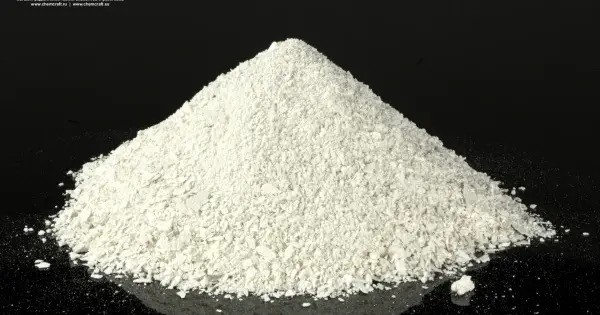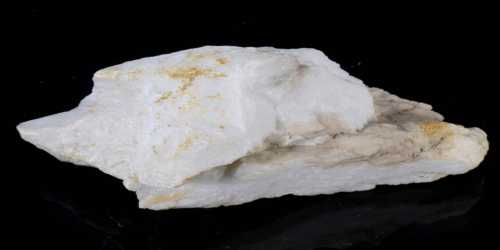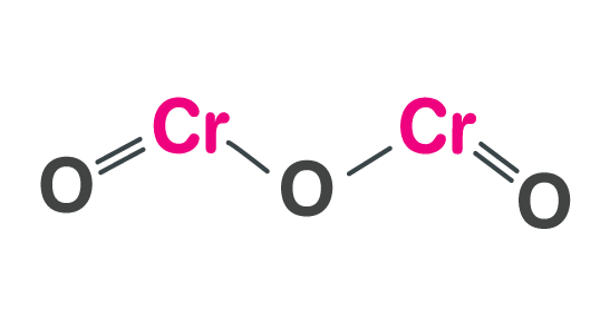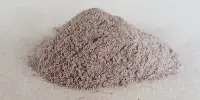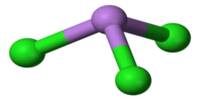Lithium lactate is a chemical compound, a salt of lithium and lactic acid with the formula CH3CH(OH)COOLi, an amorphous solid, very soluble in water. It is the lithium salt of lactic acid and is typically encountered as a white, odorless powder or in solution form. It is commonly used in various applications, particularly in medicine, but it also has industrial and cosmetic uses.
Properties
It is soluble in water, which makes it useful for medical and pharmaceutical formulations. It is stable under normal conditions but should be stored in a cool, dry place away from light to maintain its effectiveness. The solution tends to be mildly acidic due to the presence of lactic acid. It absorbs moisture from the air, which can affect its storage and handling.
- Chemical formula: C3H5LiO3
- Molar mass: 96.01
- Appearance: Amorphous solid
- Melting point: 300 °C (572 °F; 573 K)
- Solubility in water: Very soluble
Synthesis
Synthesis is by neutralization of lactic acid with lithium hydroxide:
LiOH + CH3CH(OH)COOH → CH3CH(OH)COOLi + H2O
Lithium lactate forms an amorphous solid. It dissolves very well in water[6] and organic solvents. The compound demonstrates optical isomerism. Lithium lactate emits acrid smoke when heated to decomposition.
Chemical properties
Lithium lactate reacts with triphosgene to obtain lactic acid-O-internal anhydride. It can be used as a precursor to prepare Li4SiO4, Li4Ti5O12/C and other materials.
Natural Occurrence
Lithium in Nature: Lithium, the metal component of lithium lactate, occurs naturally in small amounts in minerals such as spodumene, lepidolite, and petalite. However, lithium lactate itself is not typically found directly in nature but is synthesized for commercial use.
Biological Context: Lactic acid, the precursor to lithium lactate, is a naturally occurring compound produced in the body during anaerobic metabolism (such as during intense exercise). It is involved in various metabolic processes.
Use
Lithium lactate is part of drugs that promote the excretion of uric acid from the body. It is also used as an Antipsychotic.
Precautions and Side Effects
Although lithium is widely used for managing mood disorders, lithium lactate still contains lithium, which can cause side effects when taken in high doses. Some common side effects of lithium include tremors, increased thirst, frequent urination, and weight gain.
As with any lithium-containing compound, care should be taken to avoid toxicity. Lithium toxicity can occur when the blood levels of lithium are too high, which can lead to serious side effects, including confusion, motor impairment, and even death.
